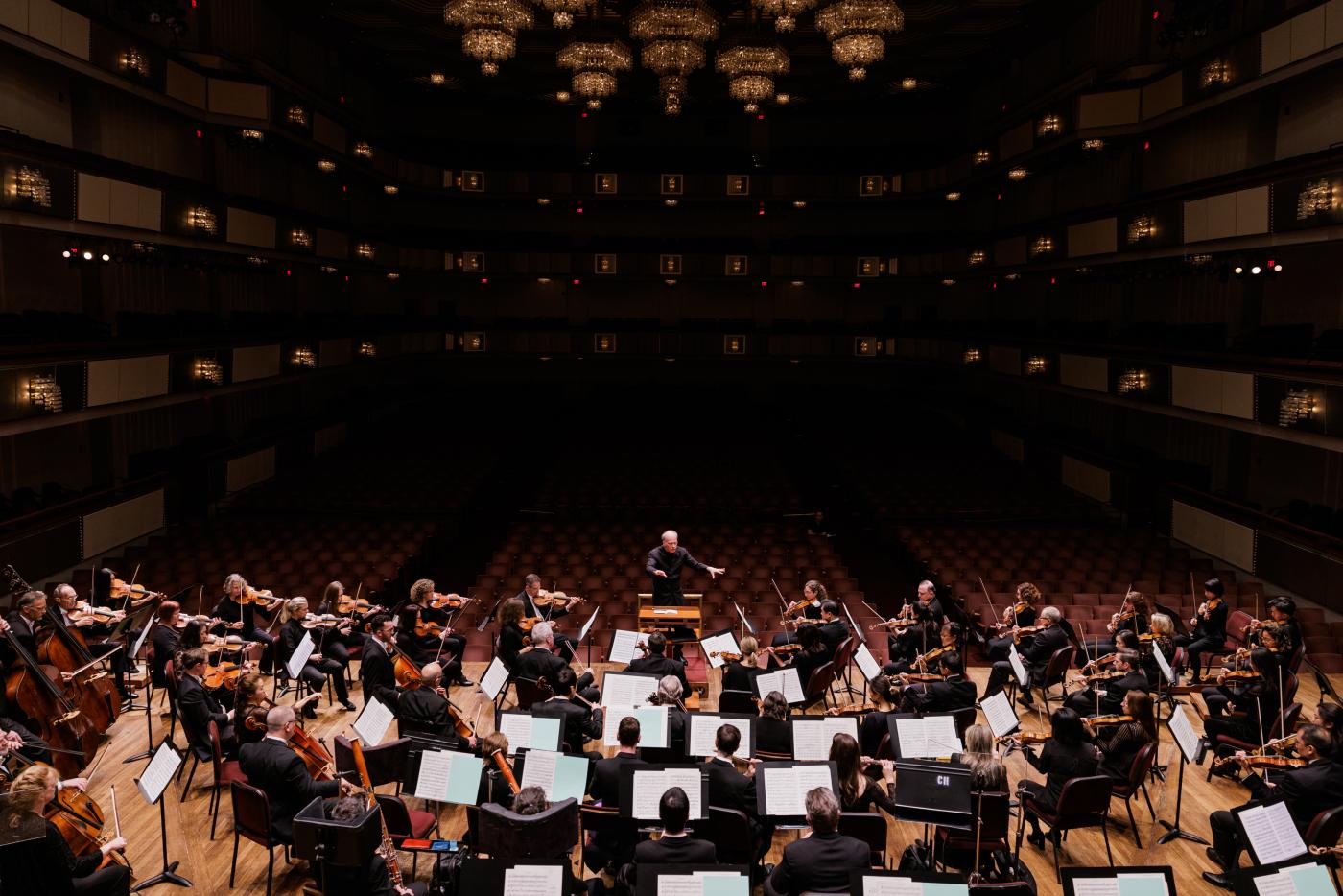For the third set of concerts in this season’s Beethoven & American Masters series, the National Symphony Orchestra under Gianandrea Noseda will perform Beethoven’s Second Symphony with two of his theater overtures, Coriolan and Egmont, along with the Sinfonia No. 2 by American composer George Walker (1922-2018). The performances will be May 22 and 23 at the Kennedy Center.
Maestro Noseda led the NSO in a gripping performance of Walker’s final completed composition, the Sinfonia No. 5, “Visions,” on May 12 and 13. That work, written in 2016, was a bereaved, defiant, yet ultimately resolute response to the 2015 mass shooting at “Mother Emanuel” Church in Charleston.
Smith College faculty member Jonathan Hirsh comments: “Walker’s music from time to time can be heard as influenced by those who came before and those concurrent, but it would be incorrect to suggest that Walker’s music is in any way derivative. Walker is Walker, always. ...Walker’s music is consistently sophisticated, meticulously crafted, highly colorful, and deeply emotional.”
Composed in 1990 on a commission from the Koussevitzky Foundation, the Sinfonia No. 2 is a suitable companion especially to the two Beethoven overtures on the program: Coriolan, written in 1807 for Heinrich Joseph von Collin’s tragedy about a doomed Roman general (also the subject of Shakespeare’s tragedy Coriolanus), and the overture from incidental music Beethoven composed for an 1810 production of Johann Wolfgang von Goethe’s 1788 tragedy Egmont, the story of a principled nobleman whose refusal to bow to despotism costs him his life. In Walker’s Second Sinfonia, we find similar themes of struggle and resolve. Not unlike the familiar masterworks by Beethoven featured in these concerts, Walker’s Sinfonia No. 2 is lyrical without sentimentality, intellectual without pedantry, heroic without a trace of vapid bravado. There is an inextinguishable self-confidence in Walker’s music, framed by a keen awareness of injustice that nevertheless refuses to be diminished by it. Listening to this fine work by an American master, I can’t help but hear in this piece a self-love and communal love echoed in the oft-quoted line from Goethe’s Egmont, “Glücklich allein ist die Seele, die liebt” — only the soul that loves is fortunate.
We should be grateful to Maestro Noseda and the NSO for continuing to elevate Walker’s music, and I hope more orchestras and ensembles, here in the USA and around the world, will do likewise.
PBS PASSPORT
Stream tens of thousands of hours of your PBS and local favorites with WETA+ and PBS Passport whenever and wherever you want. Catch up on a single episode or binge-watch full seasons before they air on TV.
